- Nowości
-
Mapy i publikacje
add remove Mapy papierowe add removePublikacje papierowe add remove
-
Nawigacja
add remove Zegary add removeBarometry add removeTermometry , Higrometry, Barografy add removeAreometry (Densymetry) add remove
-
Sygnalizacja
add remove Lampy Nawigacyjne, Szperacze add removeŻarówki add removeLatarki add removeZnaki dzienne add remove
-
Środki ratunkowe
add remove Kamizelki add removeTratwy add removeKombinezony ratunkowe add removePirotechnika morska add removeKoła, Pławki, Tyczki add removeUprzęże, Linki, Taśmy Bezpieczeństwa add removeReflektory radarowe add removeBosaki, Wiosła add remove
-
Elektronika morska
add remove Radiotelefony add removeOdbiorniki Pogody add removePLB / AIS MOB, OLAS add removeRadiopławy, Transpondery add removeWiatromierze add removeAkcesoria add remove
-
Sprzęt pożarowy
add remove Akcesoria add remove
-
Wyposażenie pokładowe
add remove Drabinki Pilotowe, Ewakuacyjne add remove
- Nowości
-
Mapy i publikacje
add remove Mapy papierowe add removePublikacje papierowe add remove
- Nawigacja add remove
- Sygnalizacja add remove
- Środki ratunkowe add remove
- Elektronika morska add remove
- Sprzęt pożarowy add remove
-
Wyposażenie pokładowe
add remove
e-reader: Anti-Fouling Systems (AFS Convention), 2023 Edition
e-book: Anti-Fouling Convention, 2005 Edition
Once purchased this product will not be posted, so please assign this product to your customer by going to "My Transactions" and following the relevant link in the "Virtual Publications" section.
Note: should you purchase both a virtual book and a hard-copy version in the same order you will be charged and billed separately for each item.
The harmful effects of anti-fouling systems were considered by the International Maritime Organization's Marine Environment Protection Committee (MEPC) for the first time in 1988, when the Paris Commission requested the MEPC to consider the need for measures to restrict the use of tributyltin (TBT) compounds on seagoing vessels. As a first step, the Committee at its thirtieth session in 1990 adopted resolution MEPC.46 (30) on "Measures to control potential adverse impacts associated with the use of tributyltin compounds in anti-fouling paints", which recommends that IMO Member Governments adopt measures to eliminate the use of anti-fouling paint containing TBT on non-aluminium-hulled vessels of less than 25m in length and eliminate the use of TBT-based anti-fouling paints with an average leaching rate of more than four micrograms of organotin per square centimetre per day. These recommendations were intended to be interim measures until IMO could consider a possible total prohibition of TBT compounds in anti-fouling systems. From 1990 onwards, MEPC was presented with TBT monitoring results which reconfirmed the toxicity of TBT compounds, as well as with information on existing alternatives, including their effectiveness and the risk posed to the marine environment by these systems.
The twenty-first session of the IMO Assembly in 1999 adopted resolution A.895(21) urging MEPC to work towards the expeditious development of a global legally binding instrument to address the harmful effects of anti-fouling systems used on ships. The resolution states that the global instrument, to be developed by MEPC, should ensure a global prohibition of the application of organotin compounds which act as biocides in anti-fouling systems on ships by 1 January 2003 and a complete prohibition on the presence of organotin compounds which act as biocides in anti-fouling systems on ships by 1 January 2008. A working group was established at MEPC, which took on the task of developing such a draft instrument.
In accordance with Article 2(b) of the Convention on the International Maritime Organization, the MEPC at its forty-third session recommended, and the twentieth extraordinary session of the Council decided, to convene a diplomatic conference to consider the adoption of a legal instrument on the control of harmful anti-fouling systems on ships.
In accordance with the decision of the Council, the International Conference on the Control of Harmful Anti-Fouling Systems for Ships, 2001, was convened by IMO and held in London at its Headquarters from 1 to 5 October 2001. The Conference adopted the International Convention on the Control of Harmful Anti-Fouling Systems on Ships, 2001 (the AFS Convention), together with four Conference resolutions, relating to the early and effective application of the AFS Convention, future work by the Organization pertaining to the AFS Convention, approval and test methodologies for anti-fouling systems on ships and the promotion of technical co-operation.
Article 11(1)(b) and (2) and regulation 1(4)(a) of annex 4 of the AFS Convention refer to the following guidelines to be developed by the Organization:
.1 Guidelines for survey and certification of anti-fouling systems on ships;
.2 Guidelines for brief sampling of anti-fouling systems on ships;and
.3 Guidelines for inspection of ships anti-fouling systems on ships.
Conference resolution 2 urges the Organization to develop the above-mentioned guidelines as a matter of urgency for them to be adopted before the entry into force of the AFS Convention, with a view to facilitating global and uniform implementation of the AFS Convention.
This 2005 edition, reproduces the texts of the International Convention on the Control of Harmful Anti-Fouling Systems on Ships, 2001, the four Conference resolutions, and the Guidelines developed and adopted by the Organization.





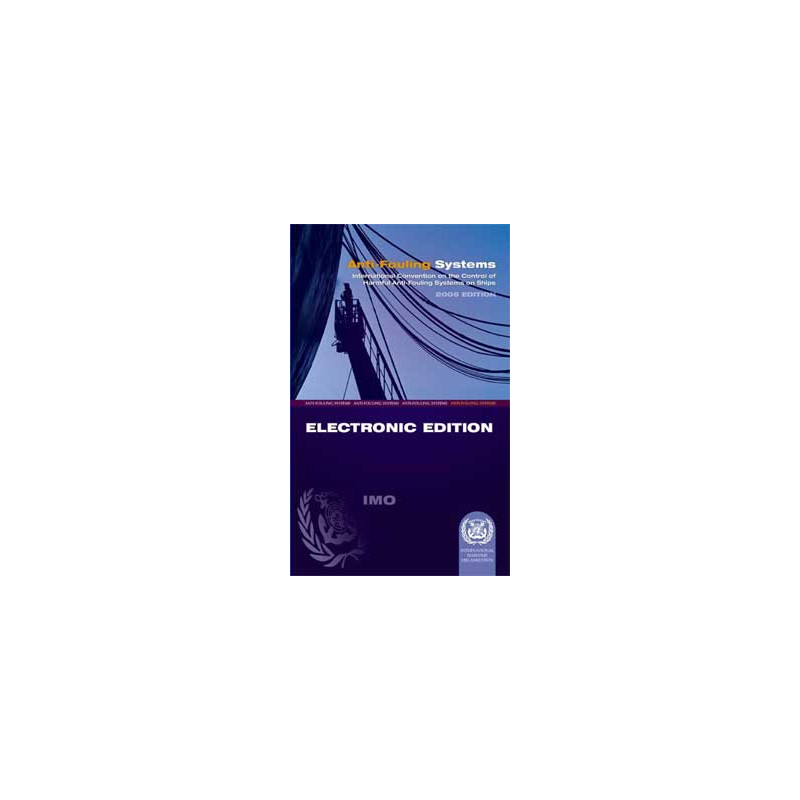

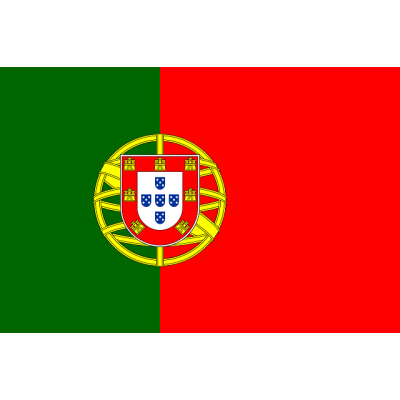
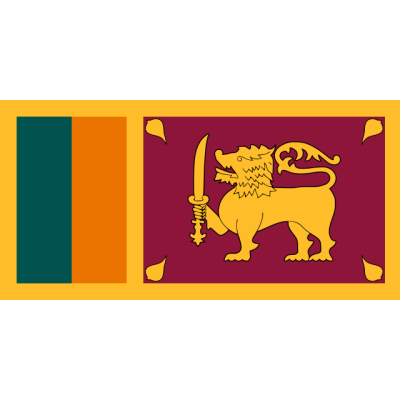
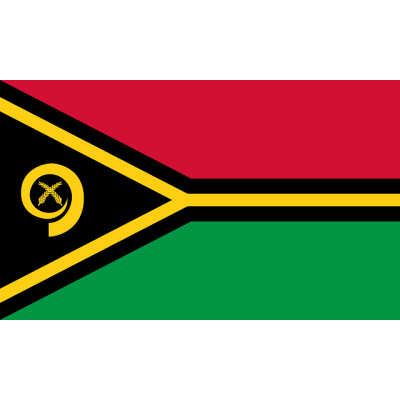
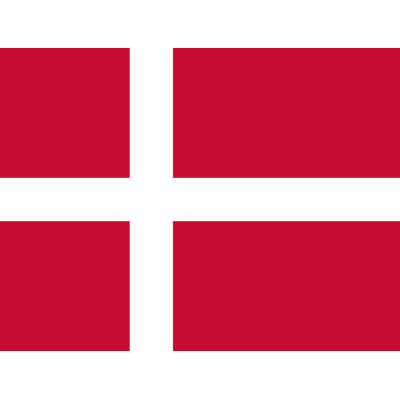
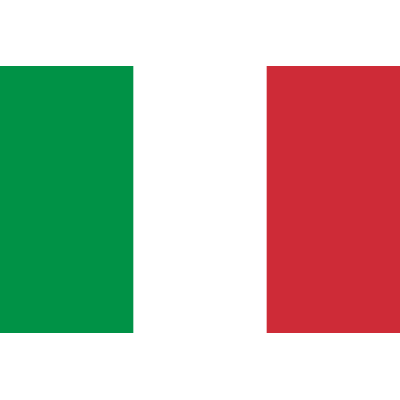
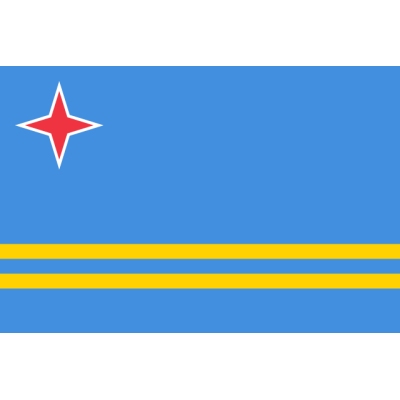
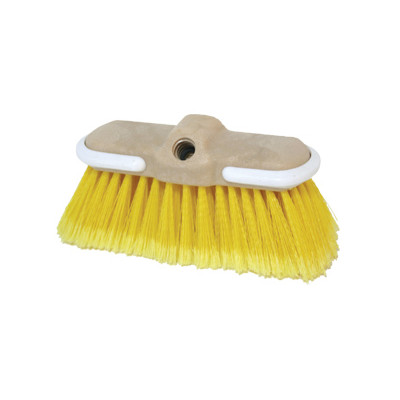
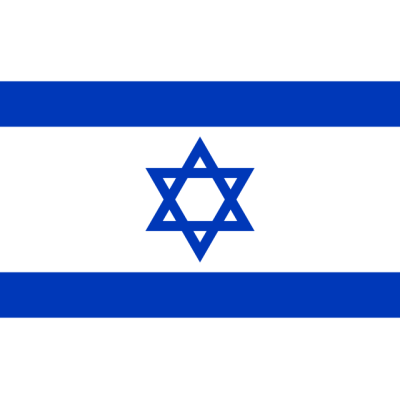

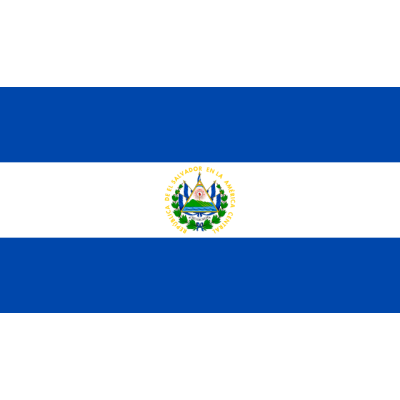
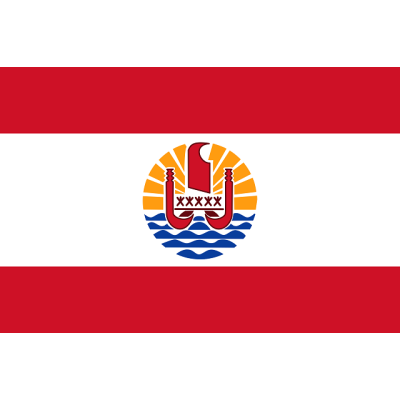
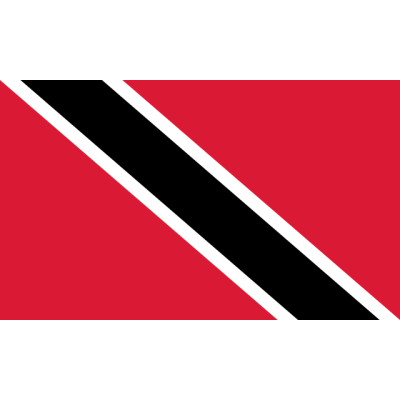
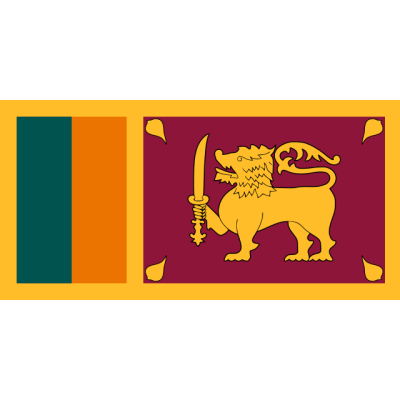
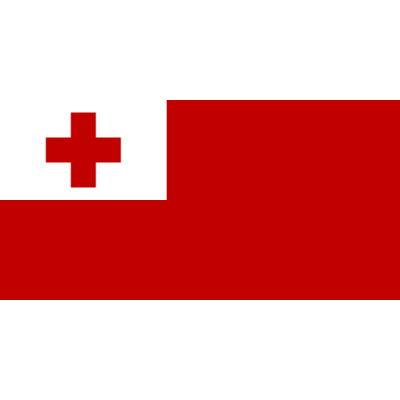
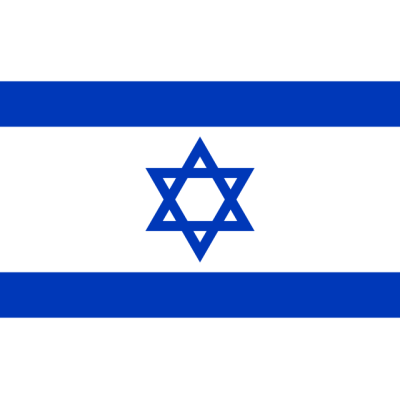
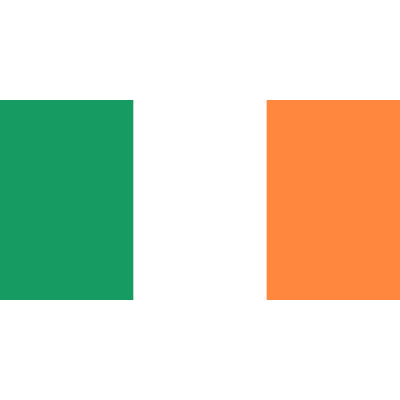
 Cookies
Cookies